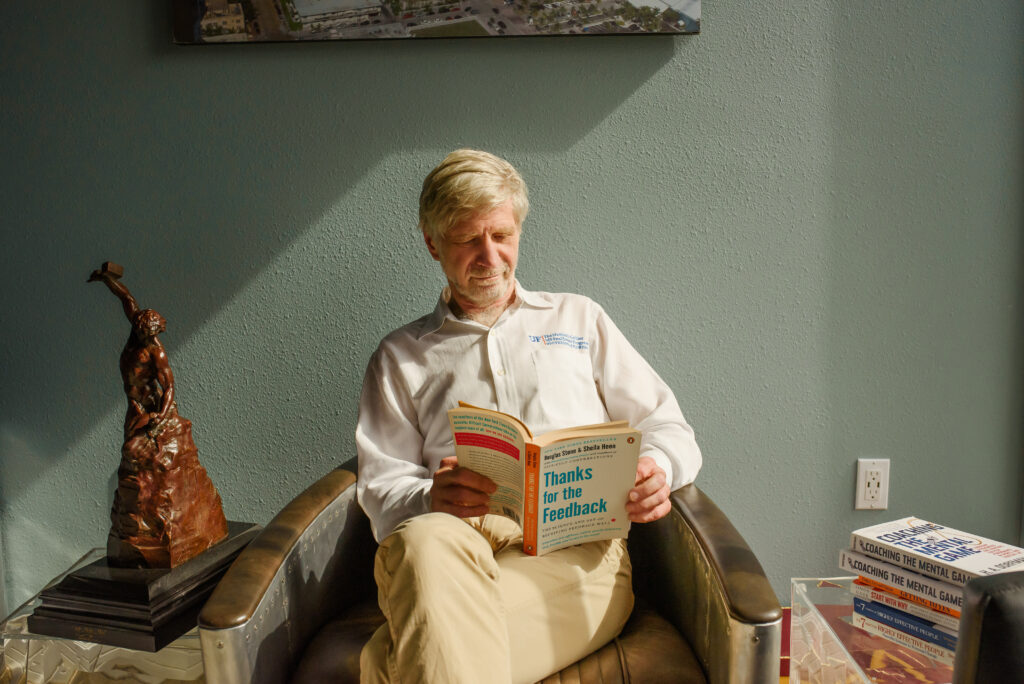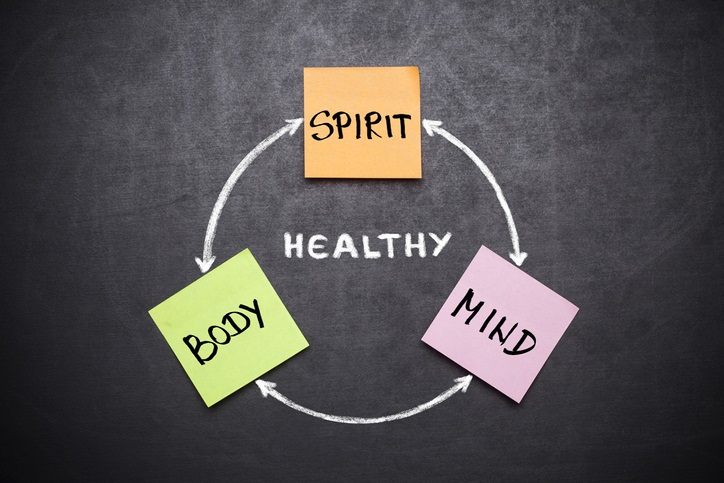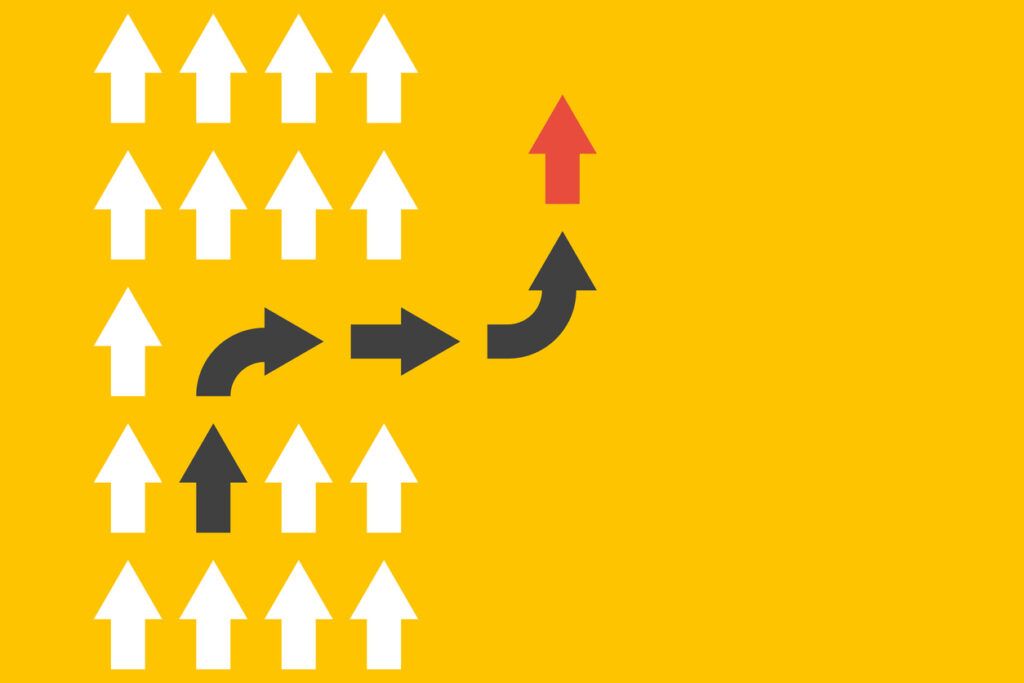You occasionally see “WWJD” bracelets, standing for “What Would Jesus Do?”
The WWJD bracelets represent a question that wearers are publicly committing to ask themselves when they are confronted with a decision of any particular importance. They commit to reflect on the values and principles that a wise and moral individual exemplified, and to live those ideals in their everyday actions. Or, “Every action teaches the belief system that motivates it. What did you teach today?” By taking the time to so reflect they are inevitably elevating their lives and the quality of their decisions to a higher level.
I also have seen WWMD and WWBD, representing Muhammad and Buddha, the broader concept being to keep one’s beliefs, principles, and morals in the forefront of one’s consciousness.
These are subsets of “effective questions,” an idea I’ve touched before. An effective question is one that requires us to think about a problem or issue at a deeper level, a question that cannot be answered by a yes or no, forcing us to dig deeper.
Effective questions are an excellent way for a leader to spur the development of wisdom; we remember longer and cherish more greatly the truths we discover on our own rather than the ones that are handed to us pre-packaged.
And we all are leaders, if only to ourselves! However, we are watched more than we know. We can lead upwards (as a business owner, I’m impacted by the emotions and commitment of my fellow Team Members much more than I think they know), and sideways (peers, family, and friends) more than we often are aware.
“How Does It Make the World a Better Place?”
“How Does It Make the World a Better Place?” is my personal version of WWJD. I find it a very effective question in cutting through the noise and static of everyday life. All too often I’m contemplating some action or comment, particularly in my personal life, particularly when I’m tired and frustrated or anxious or upset.
I ask myself, “Will this make the world a better place?” Usually the answer is that the world is better served by my keeping my thoughts and emotions to myself, at least until they have mellowed or matured.
In many respects, one can think of this as a slightly more philosophical version of simply “counting to ten” before acting or speaking when under the influence of “hot emotions.” Of course, all this presupposes a deep and abiding commitment to making the world a better place, and begs the deeper questions of 1. what defines a better place, and 2. what gets us there?




